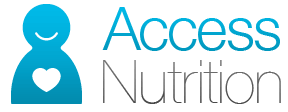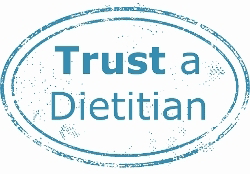One-to-one consultations with either direct face to face or virtual appointments. Providing individual advice, guidance and support.

Your consultation may be a one-off, or may be followed by two or three more sessions. We discuss and listen to your concerns, help identify your needs and develop a treament plan.
At the first consultation we discuss with you the changes you want to achieve with your health and nutrition. We complete a nutrition assessment, discuss your relevant medical history and any medication, lifestyle factors and any factors that may affect your dietary intake and food preferences.
From your assessment we identify and suggest dietary modifications and changes that can help you. We will provide you with a treatment plan with practical recommendations. These are to help you implement the changes that will be of benefit and enable you to achieve the outcomes you are looking for.
During your consultation we discuss with you any factors, that may make changes challenging and suggest possible alternative options that can help. Usually we can give you answers straight away. If not, we will investigate further to provide you the answers.
Clear Communication-Advice, Guidance and Support
Our consultations are a two-way conversation. We listen and discuss with you your concerns and to understand the outcomes you are looking for. We take time to explain our recommendations and suggestions and provide you with evidenced based guidance tailored to your needs.
How We Help
We help people to :
- Achieve lasting weight loss.
- Provide specialist advice for pre and post bariatric surgery working with a consultant bariatric surgeon at Springfield Hospital, Chelmsford (Ramsay healthcare).
- Dietary changes to improve fatty liver disease.
- Improve and manage IBS ( irritable bowel syndrome) and KCL-trained(2012-2021) on the Low FODMAP diet.
- Manage other bowel disorders- Coeliac disease, Crohns, Colitis, pancreatitis, constipation, reflux, dyspepsia and bile acid diarrhoea/ malabsorption.
- Identify and manage food intolerance. We do not undertake any “allergy” tests as these are not evidenced based for food intolerance.
- Reduce your risk of stroke and cardiovascular disease with dietary and lifestyle modifications.
- Improve your nutrition when there is a poor appetite from various causes: weight loss from cancer, chronic conditions, swallowing difficulties and treatments which may cause a reduced appetite and/or intake. Provide advice on food fortification and the use of nutirional support.
- To manage type II diabetes.





